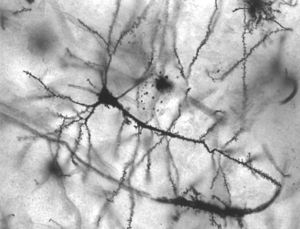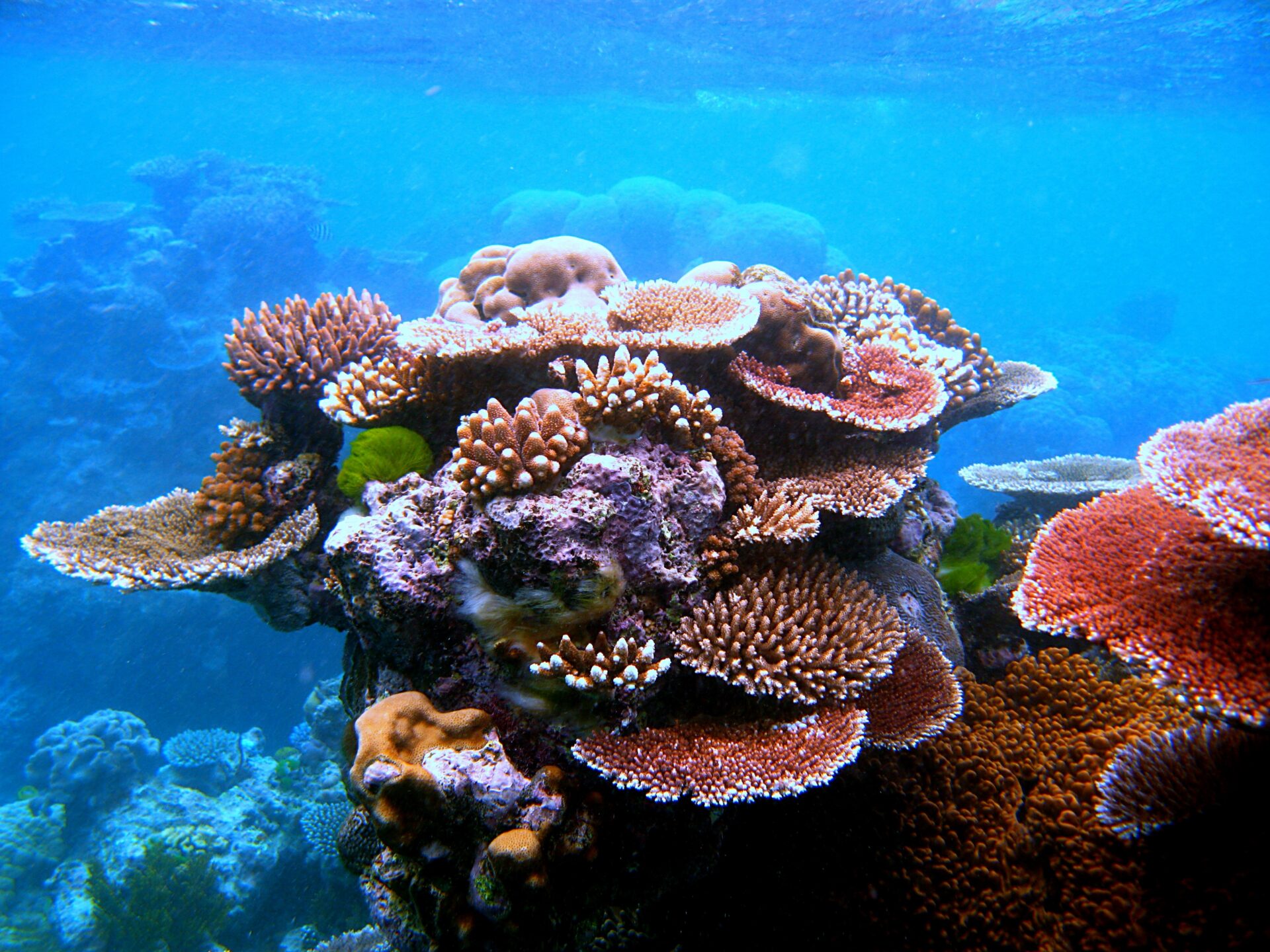Cannabis can kill or rescue neurons–children are at risk, whereas adults may benefit
Clinton didn’t inhale, Obama did—and maybe Reagan should have. New research suggests that THC, the chemical that gives marijuana its mind-bending properties, kills developing neurons, yet oddly, the same chemical saves neurons in adults with Alzheimer’s disease.
“Marijuana is not the ‘soft drug’ people like to think it is,” says neuropharmacologist Veronica Campbell of Trinity College in Dublin, whose latest study uncovered the harmful effects of THC on young neurons. When Campbell and her co-workers treated brain cells from newborn or adolescent rats with THC, the neurons died, but THC did not have such deadly effects on neurons taken from adult rats. In fact, work from other labs shows that THC benefits adult neurons. “We don’t know why,” Campbell says. Several possibilities are being investigated for this “Jekyll and Hyde” effect.
Marijuana, like tobacco and opium, has powerful effects on the brain because certain compounds in the plant happen to have a chemical resemblance to naturally occurring substances in the body. Called endocannabinoids, these natural chemicals regulate important brain functions by controlling synapses in neural circuits that process thought and perception. According to several recent studies, these chemicals have many other functions in the brain and immune system, too—including regulating development and aiding survival of young neurons, as well as controlling the wiring of neurons into circuits for learning and memory. Smoking marijuana during the period of life when the brain is still developing obscures these critical chemical signals, Campbell suspects.
The slaughter of young neurons by THC could explain the developmental cognitive impairment seen in children born to women who smoked marijuana during pregnancy. In addition, some research on adolescent marijuana abusers shows brain damage in neural circuits that are still developing at that age.
In older brains, however, THC seems to have a protective effect. Campbell’s findings indicate that the biochemistry of neurons changes as the cells mature. The role of endocannabinoids shifts to regulate different functions—most important, assisting in the survival of aged neurons. In patients with Alzheimer’s disease, THC protects neurons from death in several ways. THC boosts depleted levels of the neurotransmitter acetylcholine, which, when diminished, contributes to the weakened mental function in Alzheimer’s patients. THC also suppresses the toxic effects of the so-called a-beta protein that may kill neurons in Alzheimer’s disease. It stimulates secretion of neuron growth by promoting substances such as brain-derived neurotrophic factor, and it dampens release of the excitatory neurotransmitter glutamate, which kills neurons by overstimulation. THC and other cannabinoids also have powerful anti-inflammatory and antioxidant actions that protect neurons from immune system attack.
Related articles by Zemanta
- Alzheimer’s Disease Is Sharply Rising, But You Can Lower Your Odds (health.usnews.com)
- BDNF key to stem-cell mediated brain repair (genes2brains2mentalhealth.wordpress.com)
- 3 gene links to Alzhiemer’s found (cbc.ca)










